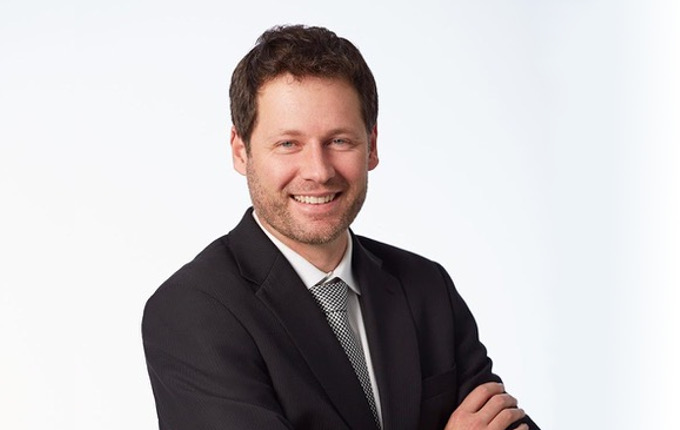Islamic superannuation fund Crescent Wealth has expanded its investment toolkit with the addition of Shariah-compliant currency hedging, while it has also appointed a new asset consultant.
Register to Access this Exclusive [i3] Insights Article
Create a free account to access exclusive interviews with asset owners, revealing insights on investment strategies, market trends, and portfolio allocations.
If you already have an account you can Login .
If you have any issues registering an account please send us an email at [email protected].


